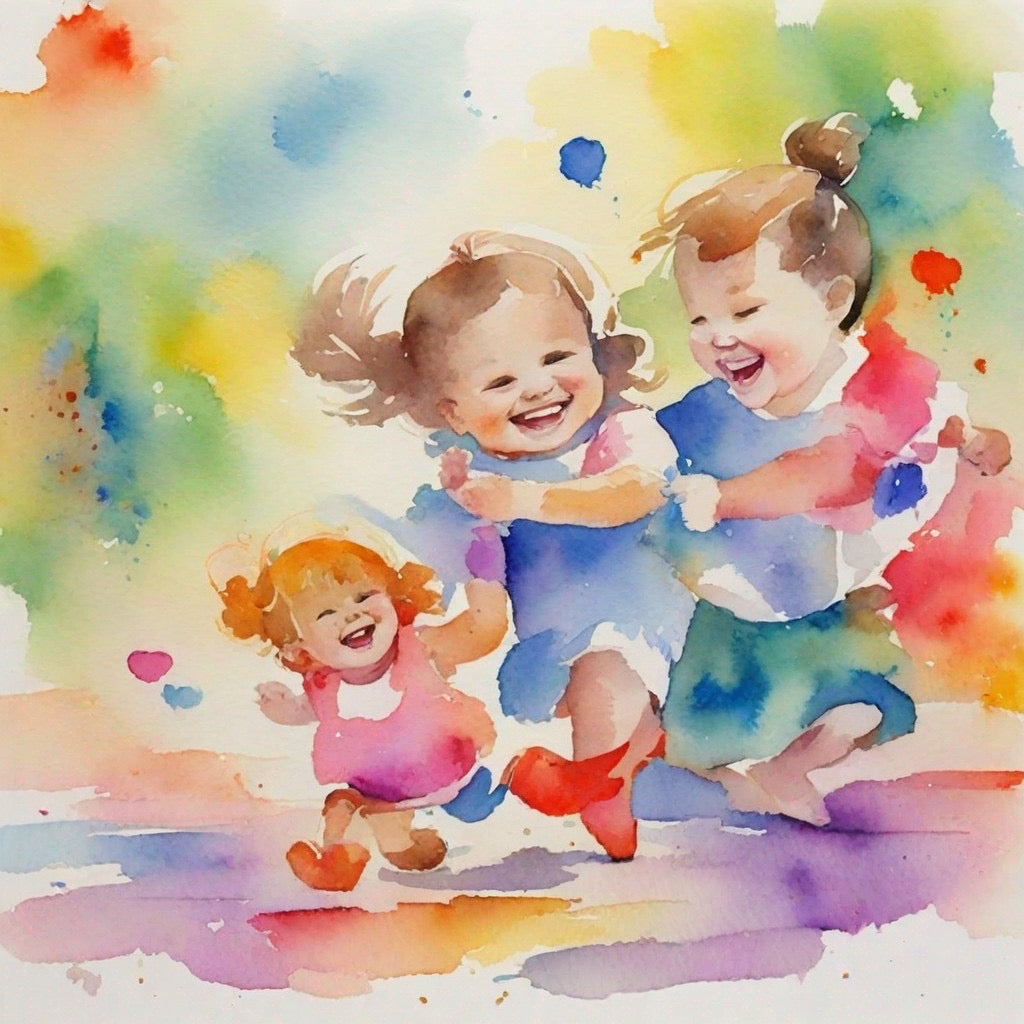Your sense of happiness as an adult is partially shaped by the play experiences you had during your formative years, particularly between the ages of 2 and 10. While play is also significant before and after this period, it's during these early years that brain development is particularly influenced by the joy, laughter, and physical engagement associated with play. It's quite common for many adults, including myself, to struggle to recall specific happy moments from childhood. Nevertheless, the fact that we function effectively as adults implies that there must have been some positive experiences.
For those who have endured fear and terror from an early age, the brain forms distinct patterns as a result of such conditions. These individuals may find it more challenging to experience happiness and may require greater effort to achieve a sense of joy compared to others. However, with practice and repetition, experiencing happiness can become akin to muscle memory.
Rekindling the playful spirit within us is not just possible but can be a critical aspect of healing and recovery. It is crucial, though, to ensure that such play is compassionate, meaning it does not inflict suffering on others. Engaging in play that is kind and considerate can be a powerful tool in nurturing one's well-being and fostering happiness.
